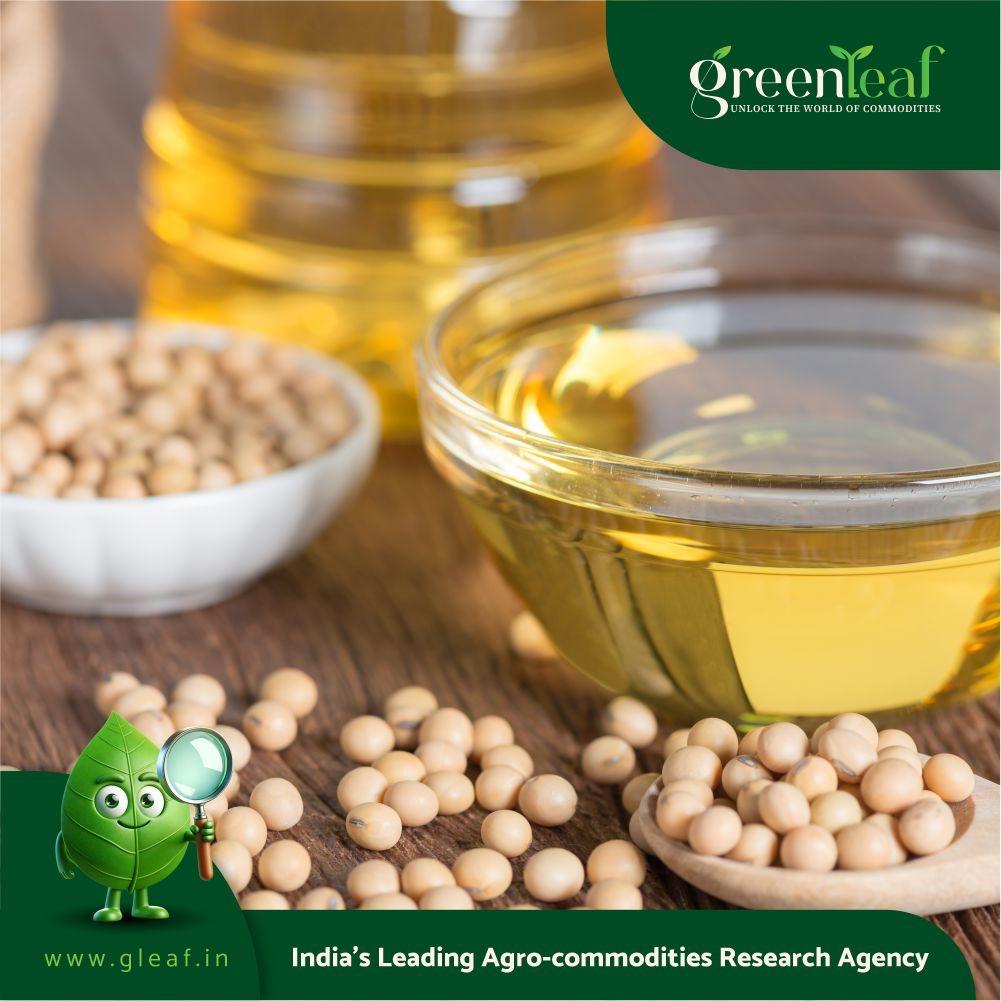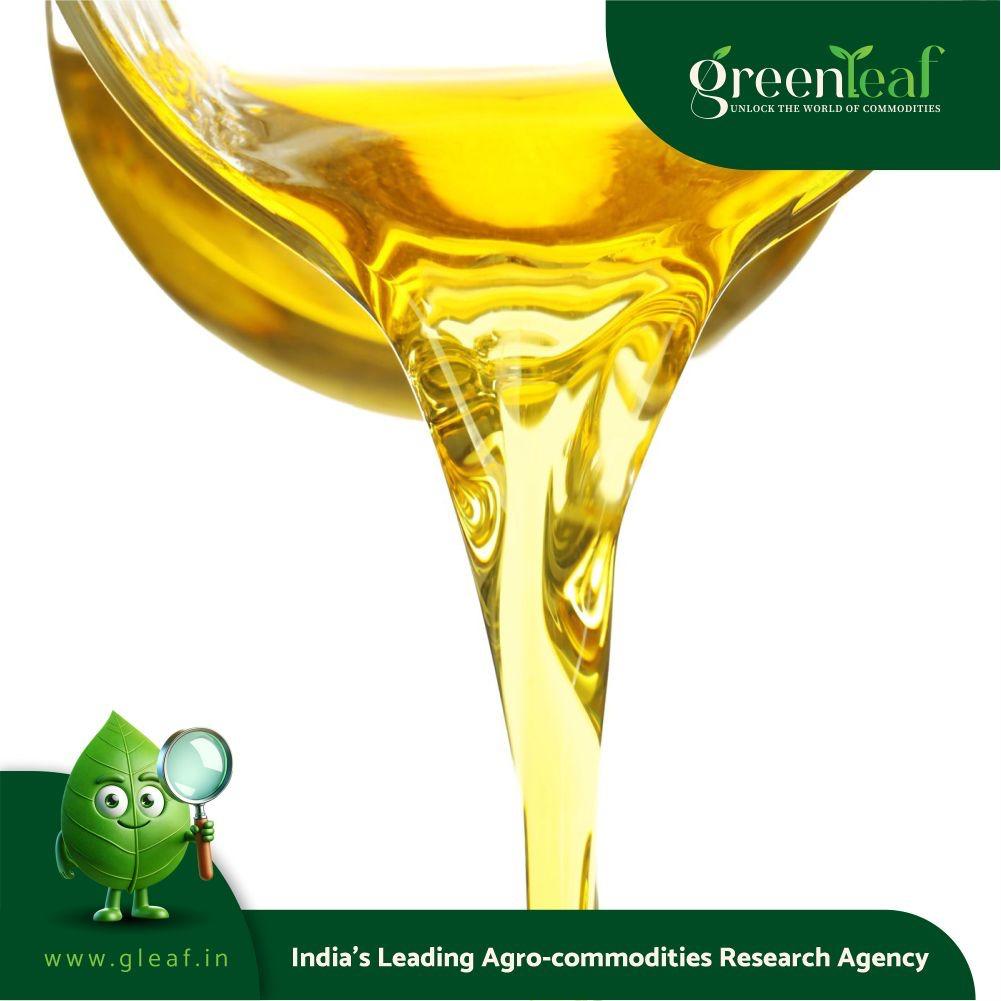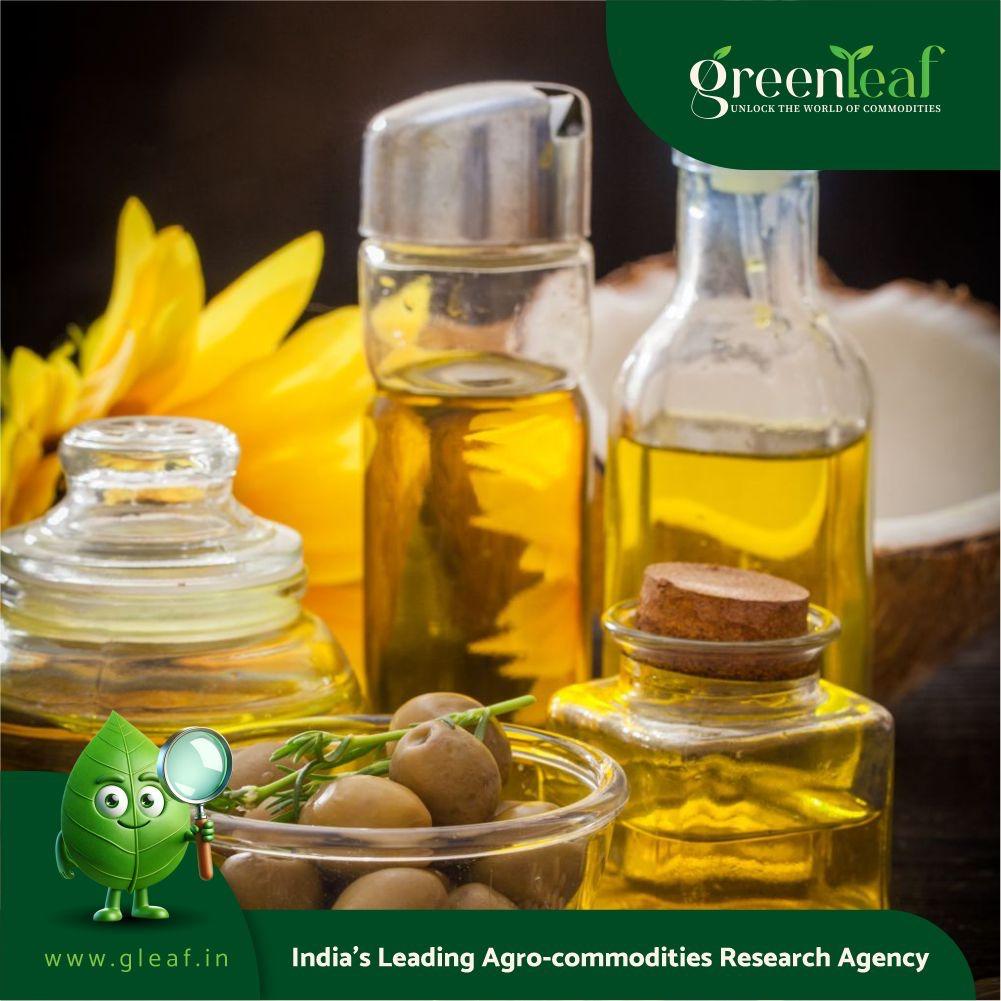Malaysia is strengthening its presence in East Africa’s edible oils market as Minister of Plantation and Commodities, Datuk Seri Johari Abdul Ghani, led a high-level delegation to Kenya to enhance trade cooperation and sustainable palm oil exports to the region.
The visit marks a strategic move to capitalise on Kenya’s role as East Africa’s economic gateway, with the country emerging as the largest importer of Malaysian palm oil in Sub-Saharan Africa, accounting for 1.3 million metric tonnes out of a record 3.7 million tonnes exported to the continent in 2024.
During the mission, Johari held a roundtable with 19 key players from Kenya’s oils and fats sector, where discussions centred on unlocking new trade opportunities, improving market access, and positioning Kenya as a downstream processing hub for re-exports to regions including the European Union.
The minister reaffirmed Malaysia’s commitment to sustainable palm oil, assuring stakeholders of continued government support. At the session, Malaysian Palm Oil Council (MPOC) Chief Executive Officer Belvinder Sron highlighted the doubling of Malaysian palm oil exports to Kenya in five years, from 520,758 tonnes in 2020 to 1.26 million tonnes in 2024, attributing the growth to Kenya’s expanding manufacturing base and rising edible oil demand.
The delegation also toured the facilities of Golden Africa Kenya Ltd and BIDCO Africa, where the minister was briefed on operations and innovations supporting regional food security. At Unilever Kenya, he emphasised that all Malaysian palm oil exports are fully certified under the Malaysian Sustainable Palm Oil (MSPO) standard.
Belvinder Sron said, “Kenya is not just a market, it is a gateway to a wider East African region. With rising demand for edible oils, a dynamic manufacturing base, and improving logistics infrastructure, Kenya offers significant long-term opportunities for Malaysian palm oil.”
MPOC’s increased outreach in Africa through trade missions and buyer-seller networking has helped facilitate greater market access, aligning with Malaysia’s strategy to diversify its palm oil exports beyond traditional markets.
The visit signals Malaysia’s long-term commitment to building sustainable and mutually beneficial trade partnerships in high-growth regions.
















